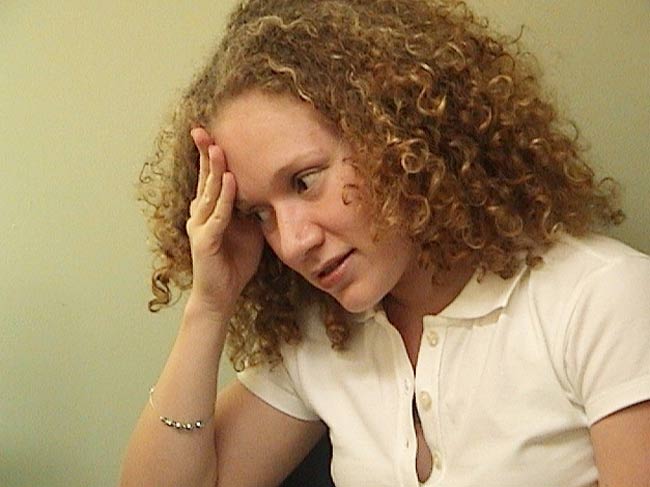Steroid Creams Won't 'Thin' Skin of Kids with Eczema

Get the world’s most fascinating discoveries delivered straight to your inbox.
You are now subscribed
Your newsletter sign-up was successful
Want to add more newsletters?
Join the club
Get full access to premium articles, exclusive features and a growing list of member rewards.
Steroid creams and ointments, the "gold standard" for treating eczema, are safe for kids to use, according to a new study.
Steroid creams, also called topical corticosteroids, are effective for treating the symptoms of eczema, but many parentsfear the creams can "thin" the skin —meaning, the skin becomes translucent, veins are easily visible and bruises, stretch marks and broken blood vessels may occur, said study researcher Dr. Gayle Fischer, associate professor of dermatology at the University of Sydney in Australia.
But the study showed that when taken as directed, steroid creams are not dangerous and don't "thin" the skin, Fischer said.
"Unfortunately, the dangers of topical steroids have been seriously misrepresented and exaggerated to the public in the media, on the Internet, by complementary medical practitioners and even by health professionals," Fischer told MyHealthNewsDaily. "Pharmacists play a role in this as they often warn patients about the dangers of these medications. 'Thin skin' sounds bad, but patients actually have no idea what it means."
Eczema, also called dermatitis, is a common chronic skin condition that causes swollen, red and itchy skin, according to the National Institutes of Health. About 10 to 20 percent of infants and young children have symptoms of eczema, and 60 percent of these children will go on to have the condition in adulthood, the NIH said. There is no known cause of eczema, though experts believe it's the result of a combination of genetic and environmental factors.
The study was published today (April 21) in the journal Pediatric Dermatology.
No thinning
Get the world’s most fascinating discoveries delivered straight to your inbox.
Fischer and her colleagues studied 92 children: 70 with eczema and 22 without. Researchers had children with eczema use as much steroid cream as was necessary to control their eczema.
When all the children using the steroid cream had their eczema under control, researchers evaluated their skin for thinning with a miniature microscope.
Researchers found that none of the children who used the steroid cream had skin thinning, and their skin was indistinguishable from the children who did not have eczema and didn't use any steroid cream, the study said.
Topical corticosteroids work by reducing the inflammation characteristic of eczema, Fischer said.
Fears abound
The fear of "thin skin" comes from results of steroid cream usage tests done under extreme conditions, Fischer said. These tests are always done with drug testing to establish possible side effects — for example, researchers give mega- doses of drugs to mice to see if it causes cancer. The most adverse effects of the creams come from isolated cases regarding patients who overused their medication, she said.
Many parents search the Internet for further information on eczema medications prescribed for their children, but then they come across these potential side effects and it frightens them, Fischer said.
"This was why we did our topical steroid study," Fischer said. "Despite everything that has been published, we know only too well that these medicines if used properly do not cause thin skin, or do anything else for that matter, other than improve the eczema. We just needed to prove it scientifically."
However, there is such a thing as too much steroid cream. Using too much can produce adverse skin effects, like thin skin, though it's extremely rare, she said.
"However, if parents use enough to suppress eczema so that skin is normal and no more, then they can be very confident that they are using them safely," Fischer said.
Pass it on: Steroid creams and ointments are safe for kids with eczema, and won't cause "thin skin," when used according to directions.
Follow MyHealthNewsDaily staff writer Amanda Chan on Twitter @AmandaLChan.
This story was provided by MyHealthNewsDaily, a sister site to LiveScience.
 Live Science Plus
Live Science Plus











